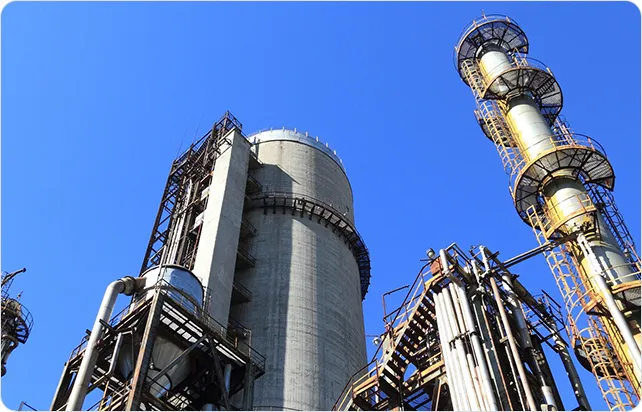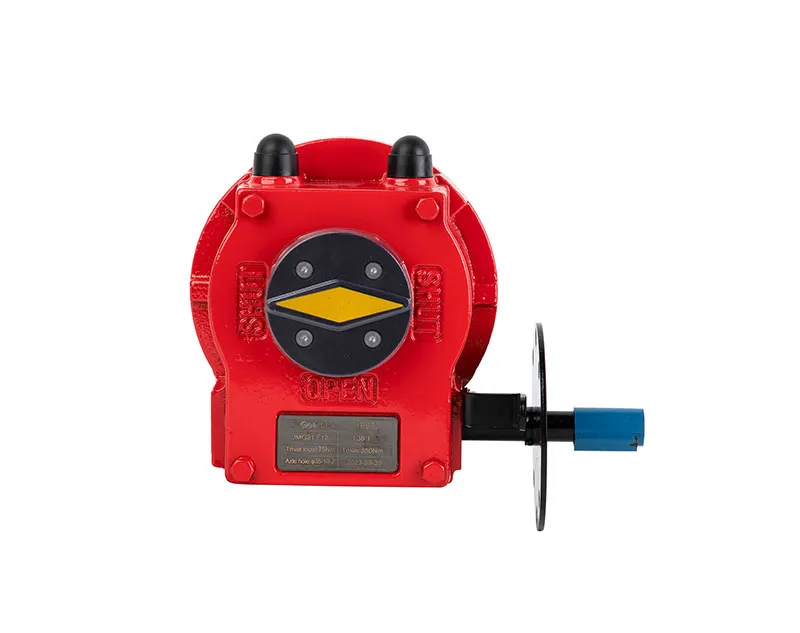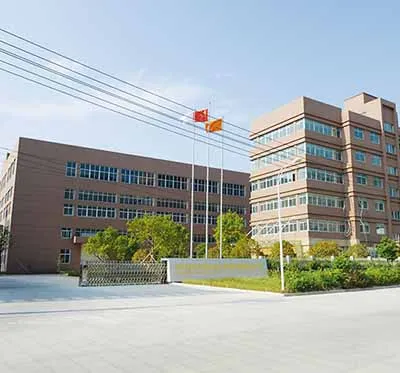Where Are Pneumatic Actuators Typically Used in Industry?
The simplicity of their design, their dependable operation, their ease of maintenance, and their explosion-proof capabilities have made pneumatic actuators a popular choice in the industrial automation control sector. The primary use scenarios of pneumatic actuators are classified as follows:
1. Industrial process control
1.1Petrochemical sector
- Control of refinery pipeline valves, including butterfly valve switches and ball valves
- Adjustment of the feed/discharge valve in a chemical plant reactor
- Emergency shut-off valve (ESD valve) for natural gas pipelines
- Explosion-proof, corrosion-resistant, and suitable for high-pressure environments are the reasons for its use.
1.2. Environmental protection and water purification
- Control of sludge valves and aeration valves in sewage treatment facilities
- Water facility flow control valve
- Seawater desalination system membrane group toggling valve
2. Automation in Manufacturing
2.1 Food and Beverage Industry
- Control of the opening and closure of bottle caps in filling machines
- Cylinders for trimming film for packaging lines
- Sanitary valves are utilized in sterile environments, including dairy products and beer production.
The following are the reasons for application: FDA compliance, simple cleaning, and no pollution.
3. Applications in unique environments
Areas that are hazardous
Coal mines are equipped with explosion-proof valves.
Dust eruption environments, including flour mills and aluminum powder workshops
|
Scenario requirements |
Pneumatic actuator advantages |
Electric / Hydraulic |
|
High explosion-proof requirements |
No spark, intrinsically safe |
Explosion-proof motor required (high cost) |
|
Fast response |
Fast gas compression |
High precision servo motor |
|
Poor maintenance conditions |
Simple structure and low failure rate |
The hydraulic system needs to change oil regularly |
|
low cost demand |
Low price and low energy consumption |
High cost |
Typical scenarios for utilization
The valve is closed within 0.5 seconds when a breach is detected by the chemical plant emergency shut-off system, which consists of a double-acting pneumatic actuator and a solenoid valve.
Food packaging line: the heat sealing head is powered by a single-acting cylinder, and the sealing pressure is regulated by modifying the air pressure.
In an automobile welding station, the positioning and fastening of the door sheet metal are accomplished through the cooperation of numerous cylinders.
The selection of pneumatic actuators necessitates a thorough examination of factors such as cost, environment, pace, and pressure. They are especially well-suited for situations that necessitate rapid response, explosion-proofing, or cleanliness.










